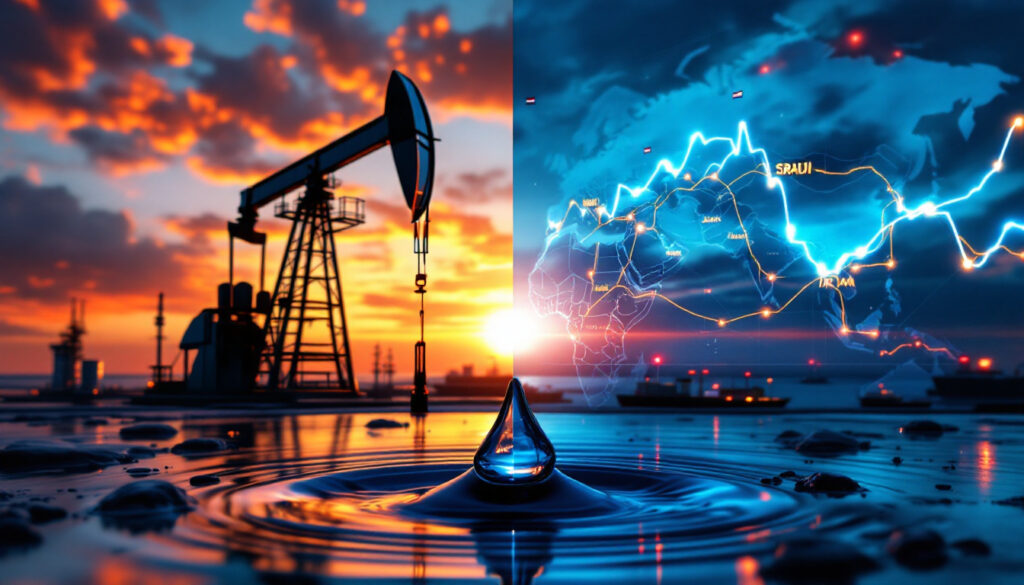Friends, followers, let’s talk straight. We just got word that the Democratic Republic of Congo (DRC) and Rwanda have signed a preliminary agreement in Washington D.C., aiming – and I stress aiming – for peace in the volatile Eastern Congo and the wider Great Lakes region. This isn’t the first time we’ve seen declarations of intent, so forgive my skepticism, but a step is a step, right?

Photo source:newscentral.africa
The official word is that both nations are committing to respecting each other’s sovereignty and territorial integrity. Sounds good on paper! They’ve also pledged to resolve disputes peacefully, help displaced people return home voluntarily and safely, and even build some kind of regional economic integration. We’ll see how that last one plays out.
But here’s the kicker: they’re promising a draft peace agreement by May 2nd. That’s ridiculously tight. Seriously. Pressure is on.
Now, for a bit of context for those newer to this mess. The DRC has been grappling with conflict in its eastern region for decades, fuelled by ethnic tensions, competition for resources, and interference from neighboring countries – with Rwanda historically playing a central, often destabilizing, role. This situation directly impacts commodity prices, resource availability, and regional stability.
Understanding the DRC-Rwanda dynamic requires recognizing the complexity of the resource curse. The region is rich in minerals like cobalt, coltan, and diamonds, but this wealth becomes a source of conflict rather than prosperity.
This isn’t just about political squabbles. It’s about control of vital resources. These resources end up in supply chains of electronics, electric vehicles, and renewable energy technologies, impacting all of us!
The Great Lakes region’s instability also presents significant humanitarian challenges, including mass displacement, food insecurity, and limited access to essential services. Resolving the conflict is crucial for improving the lives of millions.
A crucial point to remember is the role of armed groups. M23, with alleged ties to Rwanda, is a key player in the ongoing unrest. Its actions and objectives significantly influence the prospects for peace.
The signed declaration is a small, cautious signal. Whether it translates into genuine, lasting peace remains to be seen. I’m watching closely and will keep you updated. Don’t hold your breath, but let’s hope… just a little.






